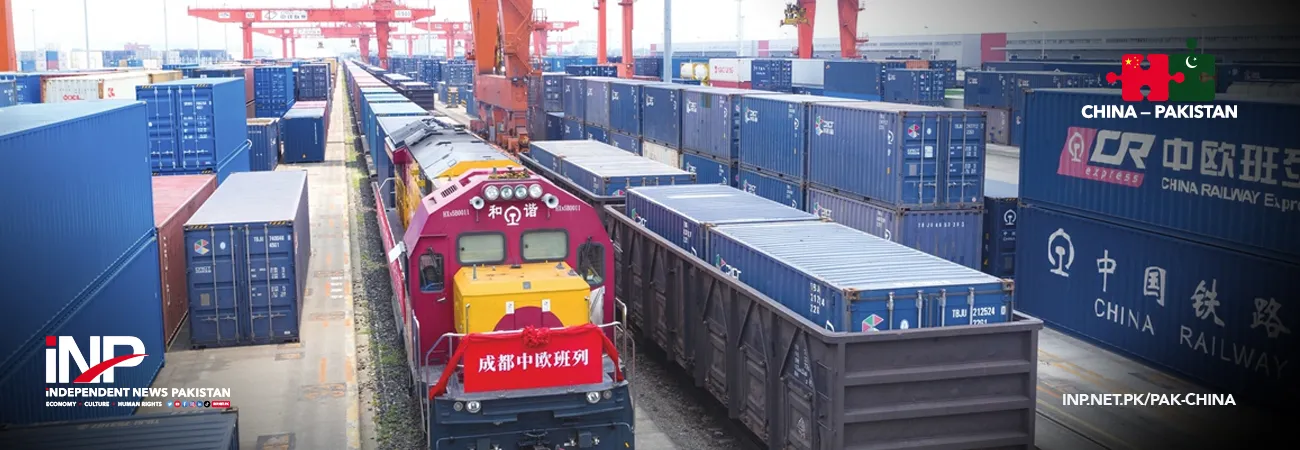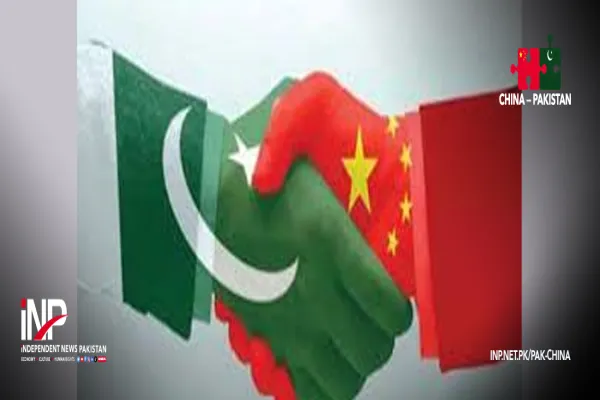i NEWS PAK-CHINA
ISLAMABAD, June 27 (INP): Some 40 freight wagons were successfully produced, batched, and put into operation in Pakistan, Gwadar Pro reported on Thursday. These wagons were locally manufactured using Chinese technologies, as reported by Inner Mongolia First Machinery Group Co., Ltd. Through technology transfer from Baotou Beifang Chuangye Co., Ltd., a subsidiary company of First Machinery, the excellent performance and quality of those wagons have won wide praise from Pakistan Railway companies and all sectors of society, according to the report. The successful implementation of the project opens a new chapter for Pakistan by establishing local production capacity for freight trains. It signifies the expansion of the international trade business of the Chinese company from "product abroad" to "product + service abroad", adding new competitiveness to the development of overseas markets, as stated in the report.
According to the Pakistani side, local production of these wagons represents a crucial step towards reducing dependence on imports and conserving foreign exchange. "New design allows freight trains to transport containers efficiently, enhancing their versatility. In the past, the low speed of freight trains resulted in considerable delays in the transportation of commercial goods. The inclusion of these new wagons in our fleet will increase the speed of freight trains to 100 km per hour," said an official from Lahore Railway Station.The delivery of those wagons is part of the 820 wagon project signed between Beifang Chuangye and Pakistan Railways on December 23, 2021. The project includes 800 high capacity wagons and 20 brake vans, covering CBU, SKD and CKD technologies.
By 2023, a total of 200 vehicles have been delivered. The final batch of CKD products will be shipped from Tianjin port in June 2024. The production and delivery of SKD and CKD vehicles in Pakistan will be finished within the year. According to Beifang Chuangye, all 820 new vehicles will be integrated into the Pakistani railway system by the end of the 2025-26 fiscal year.
Credit: Independent News Pakistan (INP) — Pak-China









